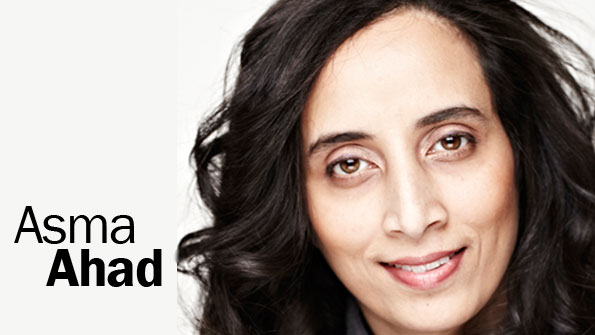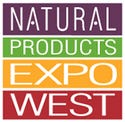Get to know the halal market
Wondering whether to take a step into halal food products? Here are the basics you need to know about demand and growth in this $1.1 trillion market.
January 30, 2014

More than one-fifth of the world’s consumers eat halal food products. This isn’t something new; Muslims have been following halal dietary standards for centuries. What's new today is that food companies realize the huge market for halal products and are leveraging halal certification to gain market share. Thomson Reuters 2013 Report, ‘State Of The Global Islamic Economy,’ estimates today’s global halal market tops $1.1 trillion. This includes pharmaceuticals, nutritional supplements, personal care and cosmetic products, in addition to food. Thomas Reuters predict the halal market will grow to $1.6 trillion by 2018. In other words, the global halal food market is larger than the food consumption of China.

Expo West appearance
The Specialty Diets Workshop
Thursday, March 6
8:30 a.m. to 1 p.m.
Anaheim Marriott,
Platinum Ballrooms 2 & 3
Whether they are selling steaks, sweet teas, baby formulas or geriatric multivitamins, companies have been working hard to make sure their products and formulations meet the requirements for halal certification. Natural Products Expo West is helping companies compete in the halal marketplace by featuring halal education in its Specialty Diets Workshop on March 6. In the meantime, here’s what you need to know about this growing market segment.
Why Halal?
Muslim consumers drive halal certified product demand and represent a huge population. The Pew Research Center’s Forum on Religion and Public Life estimates Muslims at 1.6 billion or 23 percent of the world’s population. They are also the fastest growing consumer segment in the world with an annual growth rate of 1.5 percent. Overall, halal makes up to 16.6 percent of global food expenditures. Whether you are a distributor or a retail buyer, learning how to market halal products and connecting with Muslim consumers is crucial. These shoppers are hungry for more halal options – from frozen food to oral hygiene items – that meet their unique dietary needs. A full 87 percent of Muslims consider religion ‘very important’. Plus, many halal values - such as humane treatment of animals and proper care of one’s body with pure foods - naturally overlap with emerging ethically-minded consumer values.
So How Do You Get Your Share of the Growth?
It’s really no different than entering any other new market:
Learn the requirements for producing halal products.
Determine if any processing changes are needed to meet those requirements.
Research marketing programs to connect your product with halal consumers.
This will give you a clear picture of whether halal production is an opportunity for you. A competent global halal certifier can help you with this assessment.
A Quick Review of Halal
Halal is the dietary standard prescribed for Muslims. The rules are simple. Everything is halal except for a few items, such as:
Pork and pork by-product
Alcoholic beverages and intoxicants.
A few other items such as blood, carnivorous animals, and carrion.
In addition, any meat or poultry product must be processed using halal procedures.
Why the Need for Certification?
It is difficult for any manufacturer to navigate complex global supply chains without technical expertise. Third-party halal certification is a critical component to earn consumer trust. Competent halal certification examines additives, processing aids, lubricants, packaging and sanitation chemicals, as well as raw materials and processing methods, in order to determine if a product meets halal requirements. For suppliers and retailers, halal certification helps consumers verify product claims, which in turn, translates into sales. Overall, consumers trust certified products more, believing that an independent pair of eyes offers extra scrutiny.

Asma Ahad is the marketing director of the Islamic Food and Nutrition Council of America. She has worked with Costco, ARAMARK, FNCE, Research Chefs Association, the Food Export Association and Kraft Foods. She initiated and lead Kraft's Muslim Marketing initiative.
You May Also Like


